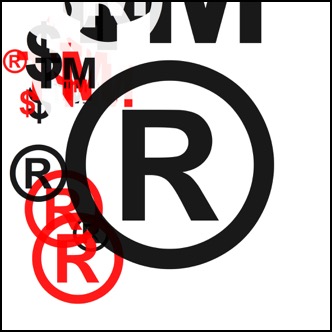SELECTING A TRADEMARK
17/10/11 20:21 Filed in:
Trademark
One of the most important things to consider when selecting a trademark is the trademark’s strength. Below are the categories of trademarks listed by their respective strength.
Fanciful trademarks
(strongest) are marks composed of a word(s) that is made-up. Fanciful trademarks usually have no meaning; for example, the trademark Kodak for film cameras.
Arbitrary trademarks
are also strong trademarks and are usually made up of a real word or words, but such words have very little to do with the product; for example, Apple for computers.
Suggestive trademarks
are also considered strong. They are marks that are usually composed of real words that have some characteristics with the product/service, but that require the consumer to make a mental step to figure out such association. For example the trademark Coppertone, used for sunscreen.
Descriptive trademarks
are usually considered weak marks. They are often made up of word(s) that describe the product/service's characteristics. Descriptive marks do not require the consumer to make any mental step to understand the association with the product/service. For example a court has held BED & BREAKFAST REGISTRY was descriptive for lodging reservation services.
Generic Terms
cannot be registered as trademarks. The 7th Circuit Court explains that "[a] generic term is one that is commonly used as the name of a kind of goods." For example ANALOG DEVICES was held to to be generic in references to devices with analog capabilities.
Tags: trademark, selecting a trademark, fanciful trademarks, arbitrary trademarks, suggestive trademarks, descriptive trademarks

